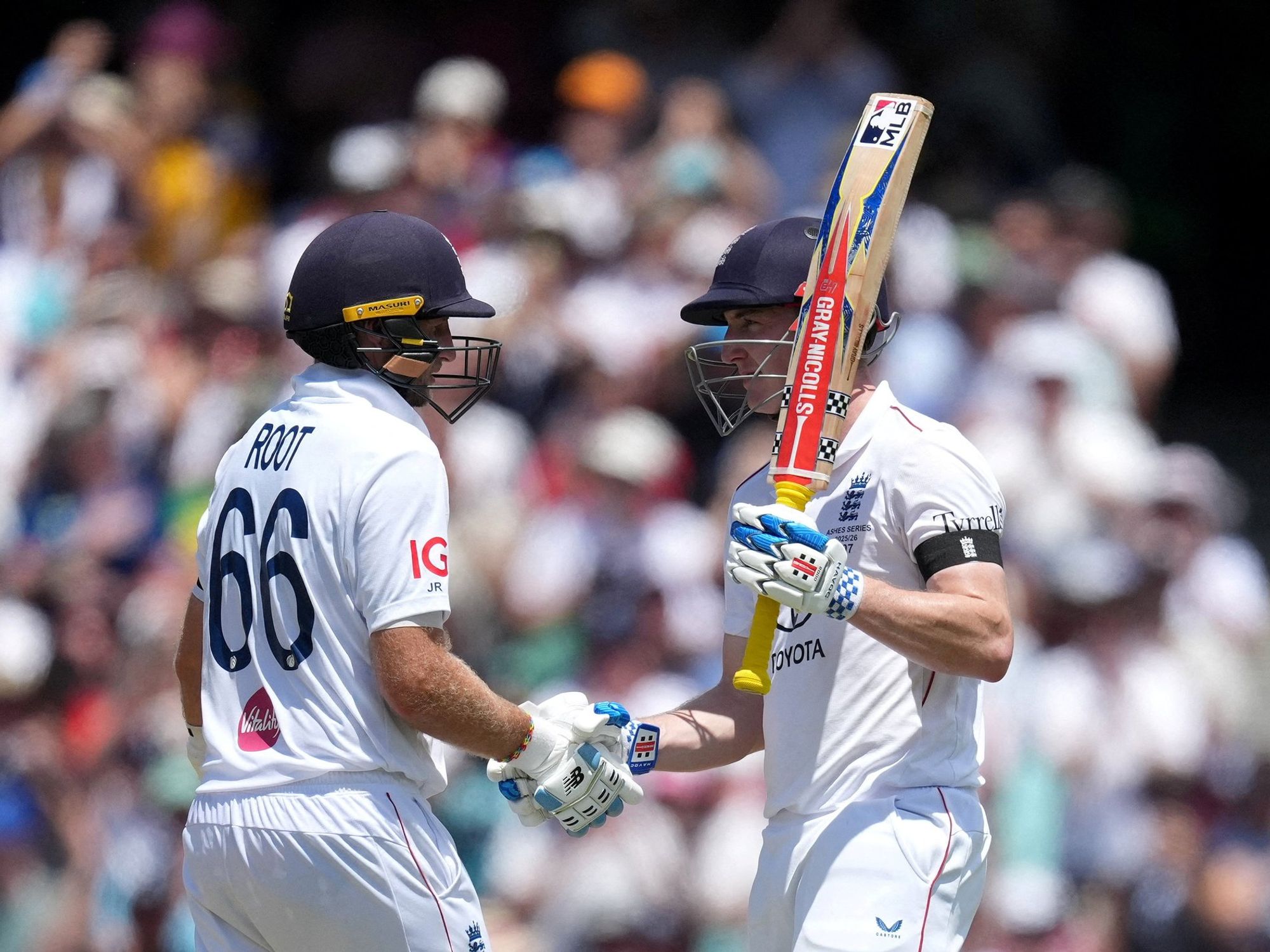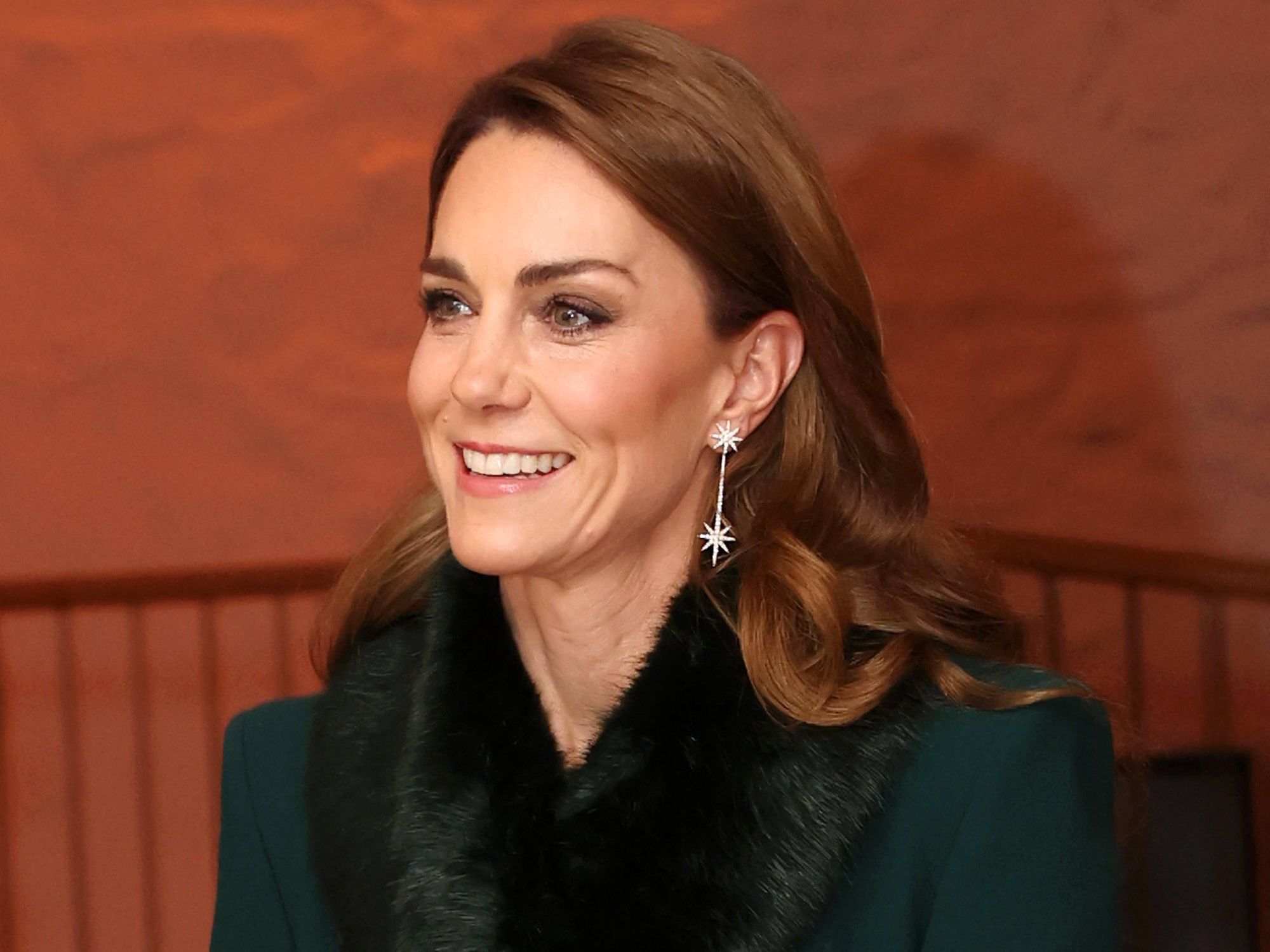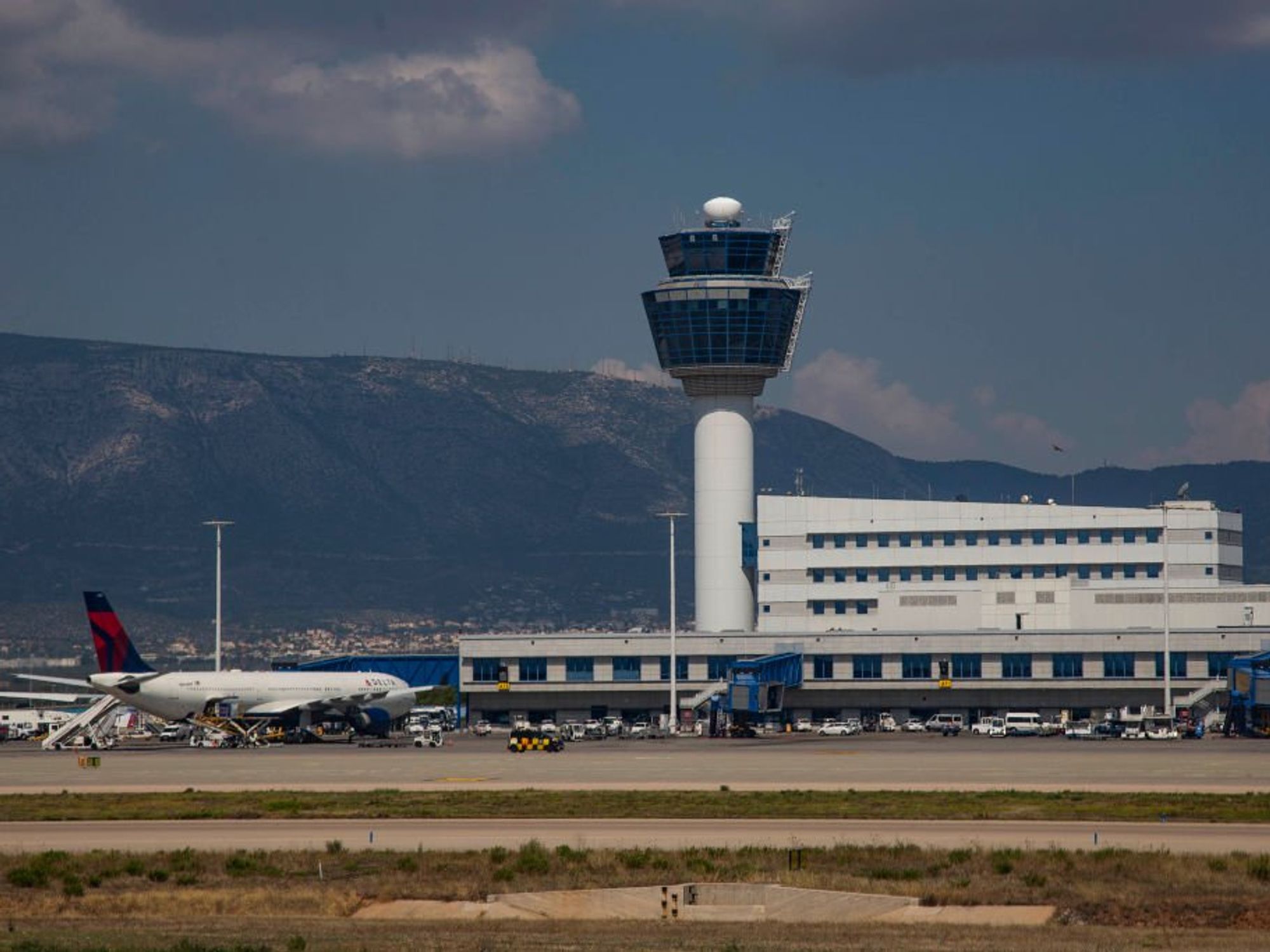Labour's imposed 'double death tax' will do more harm than good as families hit with over 50% charge
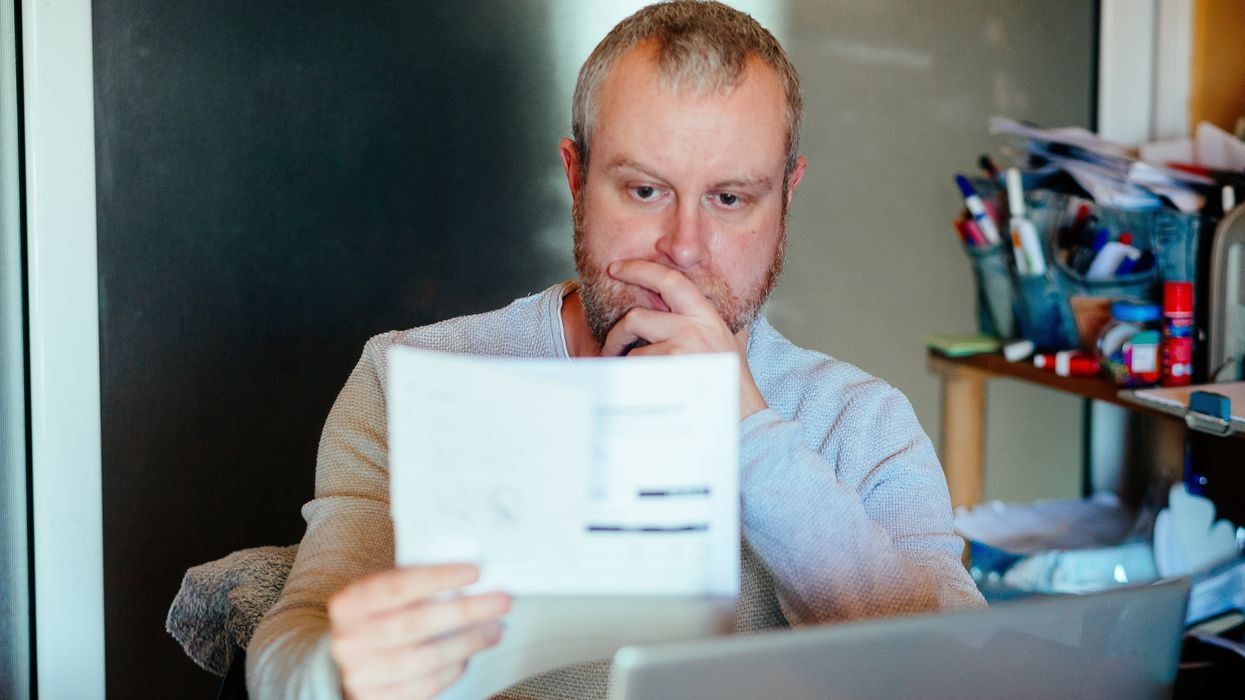
"Double death tax" raid could add tens of thousands of pounds to a family's inheritance tax bills
| GETTY
Keir Starmer's Labour government may impose a "double death tax" raid which could add tens of thousands of pounds to a family's inheritance tax bills
Don't Miss
Most Read
Latest
Reports are suggesting that Labour will impose a double death tax on grieving families as a way to fund the UK economy, but this will only do more harm than good in the long term.
As Britons anticipate the upcoming Autumn Budget, speculation is mounting that capital gains tax will be reformed and one option is to charge bereaved families the tax on top of inheritance tax.
The idea of imposing capital gains tax on top of inheritance tax, potentially leading to total rates over 50 per cent is deeply flawed both in terms of practicality and principle.
While it might raise some additional revenue in the short-term, the actual amount would be limited by the small number of estates affected, increased use of avoidance strategies, and potential negative impacts on asset values.
Rachel Reeves is set to unveil a £20 billion ‘black hole’ in public finances on tomorrow which has sparked rumours that Labour’s first autumn statement will bring new tax raising measures.
Experts say the Government will need to find more money somewhere - and that could mean tax rises - such as the double death tax.
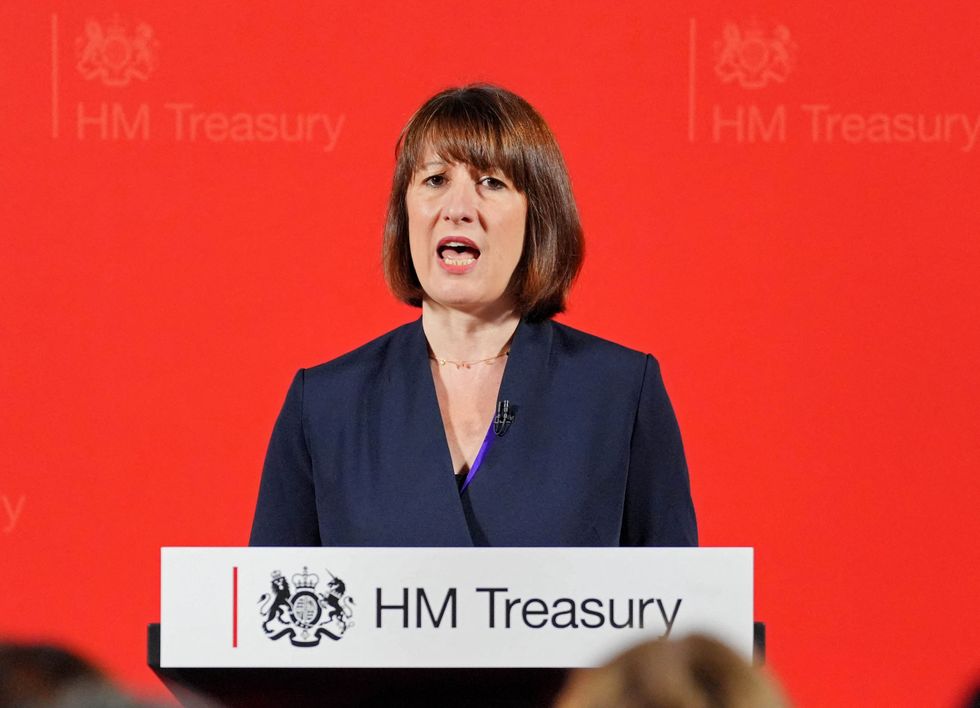
Reeves could reform inheritance tax as a whole and cut the gifting allowances
| GettyReeves could reform inheritance tax as a whole and cut the gifting allowances. This would further reducing the amounts people can pass onto loved ones free of tax.
Another possibility could be to cut the £325,000 nil-rate threshold, which has been frozen since 2009 so is losing value in real terms.
Alternatively she could look to the £175,000 main residence allowance, cutting the amount due when passing on the family home to children and grandchildren.
Finally, she could impose total tax rate of 54 per cent on bereaved families if capital gains tax is applied on top of inheritance tax.
The Office of Tax Simplification (OTS) has previously suggested that passing on assets on death should trigger a capital gains tax liability. Currently, beneficiaries can inherit assets without paying CGT.
Several think tanks have also said that CGT should be applied to estates, leading to speculation that Labour could announce this when it unveils its Autumn Budget.
How would a “double death tax” be applied?
Currently, capital gains tax is only paid when a beneficiary sells an asset they have inherited. Only gains made from the point of death will be taxable.
However, removing this exemption could increase death duties for thousands of families who own investment portfolios and second properties.
For example a family inheriting a £1.5million estate that included a £111,000 gain would pay an extra £26,000 in tax, analysis from wealth manager Quilter has shown. This assumes the couple who died have each maxed out their inheritance tax allowances.
Inheritance Tax (IHT) is a charge of 40 per cent to anyone's estate above £325,000 once they die. An estate includes someone's property, money and possessions.
If people give away their home to their children (including adopted, foster or stepchildren) or grandchildren their threshold can increase to £500,000 due to the residence nil rate band of £175,000. This means couples can pass on £1million before having to pay 40 per cent on the excess on their estate.
Based on the example, the family could expect to pay £200,000 in inheritance tax. If capital gains tax applied on death, and they had a second property that had grown in value by £111,000 since they bought it, then their children would owe an extra £26,000 in tax.
Jake Ward business expert and Founder at Kleo explained the 'double death tax' if introduced would have negative consequences in the long run.
Although it could raise funds in the short term, he believed the actual amount would be limited as not that many people would actually be affected by it.
He told GB News: "More importantly, such punitive tax rates on inherited wealth go against the very spirit of entrepreneurship and wealth creation that drives economic growth.
"It would unfairly penalize those who have worked hard to build up assets to pass on to their families, hitting small business owners and farmers disproportionately hard. The added complexity would also be an administrative nightmare.
"If Labour wants to reform inheritance taxes, there are much more balanced alternatives they should pursue, such as:
- Moderately increasing the standard inheritance tax rate to 45 per cent
- Lowering the tax-free threshold to expand the tax base
- Applying a progressive rate scale so larger estates pay more
"These options could still raise additional funds without resorting to draconian 50 per cent+ rates."
Considering all of Ward's points, Labour' "double death tax" would be a bad policy to introduce which would do more economic harm than good in the long run.
They would be wise to reconsider this misguided idea and pursue inheritance tax reforms that are more efficient, equitable and growth-friendly.





